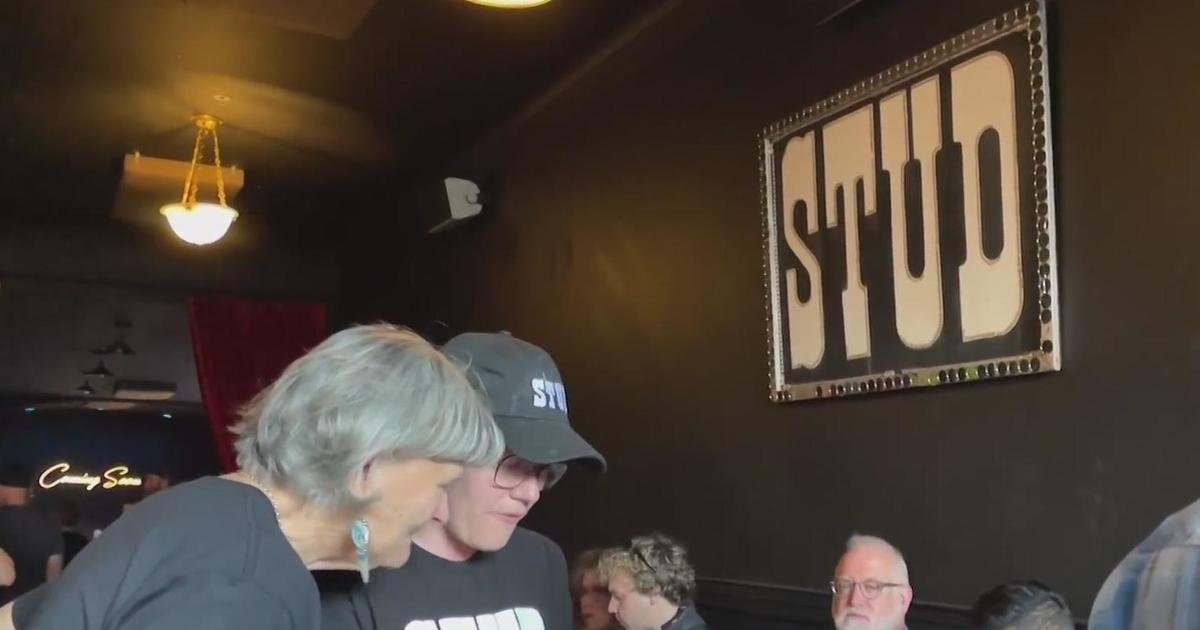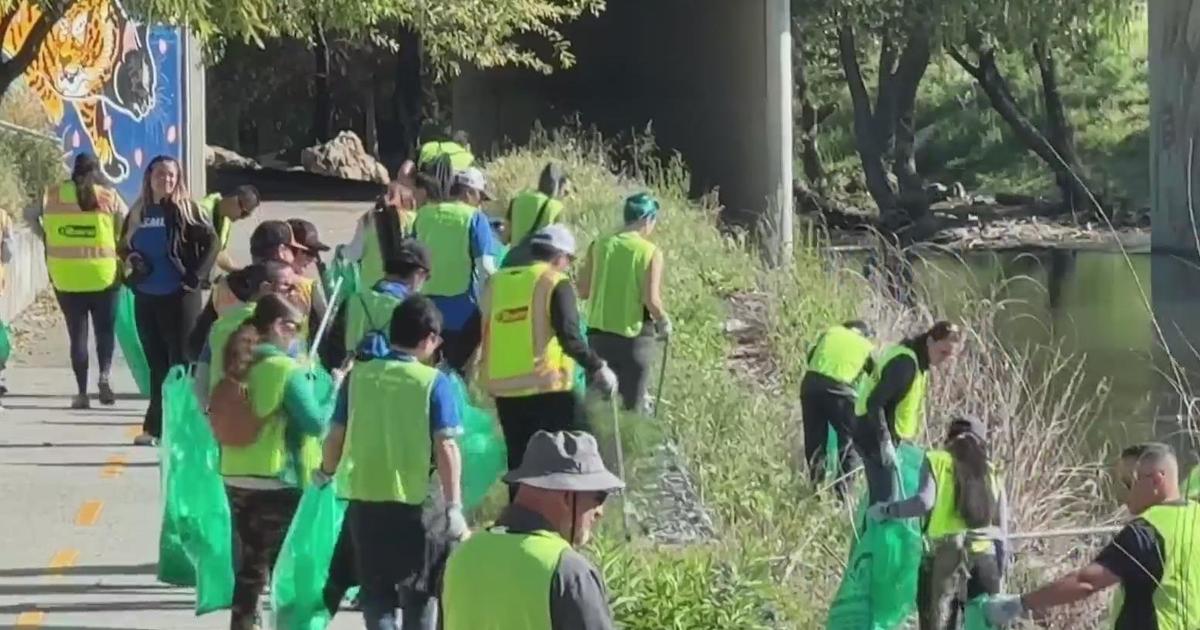BART Considers Installing Full Body Scanners To Reduce Crime
SAN FRANCISCO (KPIX 5) -- Los Angeles's transit system is now the first in the nation to install full body scanners to screen passengers who walk through station entrances.
The scanners can detect suspicious items from up to 30 feet away. They can be pointed at station entrances and escalators and can scan up to 2,000 passengers an hour. They're already being used in Los Angeles and will soon be used in New York.
But the implementation of these new high-tech security scanners in other major cities has raised questions about whether BART stations across the Bay Area will implement them, too.
One BART director thinks that the idea is a good one.
"Absolutely. It's something we should be considering," said Bevan Dufty, a member of the BART Board of Directors in San Francisco.
BART already has around 4,000 cameras at its stations and inside its trains, with technicians able to call up station cameras in real time to zero in on trouble.
In the aftermath of the recent slashing of 18-year-old Nia Wilson in July, extra police are on patrol as well. All of these efforts have been made to improve public safety amidst the recent increase in crime at BART stations.
ALSO READ:
Could these scanners spot a random slasher with a knife? "I don't know if it would pick up something like a knife, but I think we have to look at the big picture," answered Dufty.
These days, the "big picture" Dufty referenced includes mass shootings and terror bombings as well as random crimes.
Former FBI special agent and KPIX 5 security analyst Jeff Harp said that the scanners have both pros and cons, especially in the Bay Area. "It's a deterrent, but we have to remember there is a balancing act between security and personal freedom," said Harp.
Regarding the debate about the scanners toeing the line between security and privacy, Dufty added, "It's non-obtrusive. It's not showing body parts. It's really there to detect assault weapons, bombs and things of that sort. Why wouldn't we want something like that?"
BART riders had mixed reactions about the implementation of scanners. "Not comfortable at all. It's really an intrusion of my privacy," said rider Helga Cohen.
Aside from the privacy concerns, the scanners are expensive; each one costs about $100,000.
BART, like Los Angeles, hopes for the Department of Homeland Security to help pick up the tab if the scanners are implemented.



